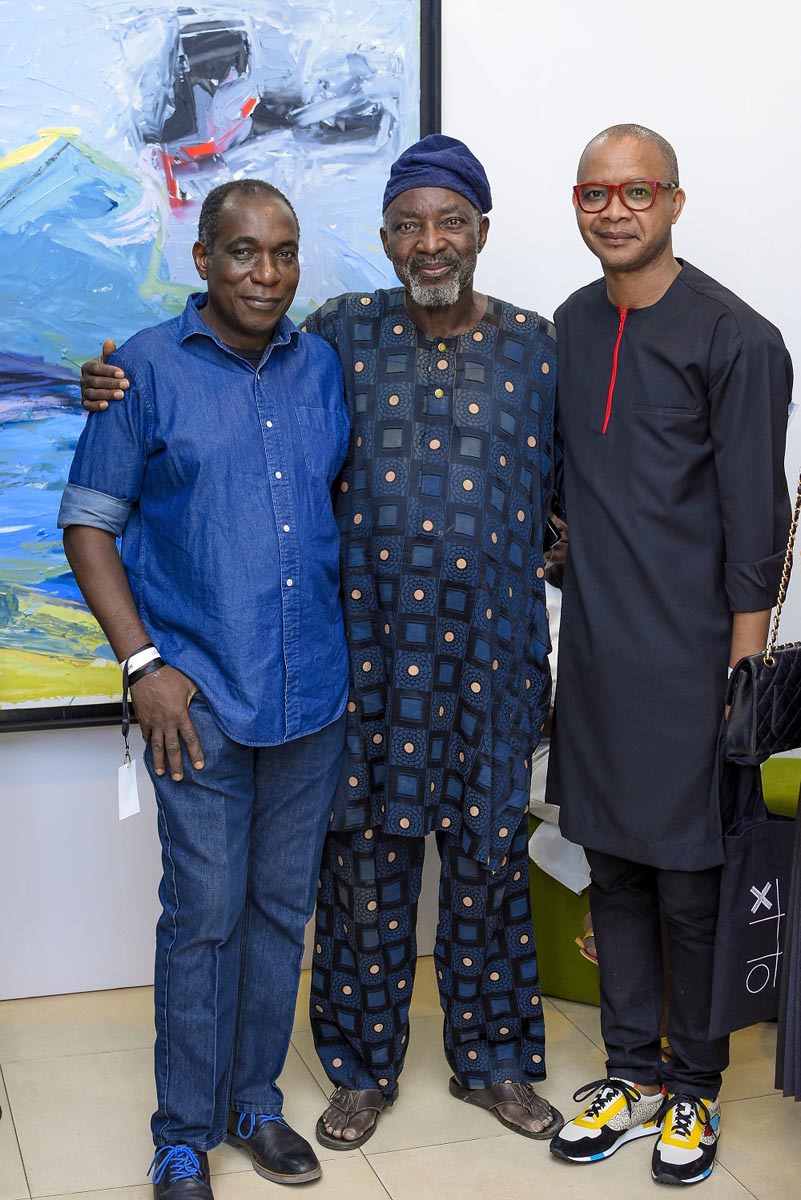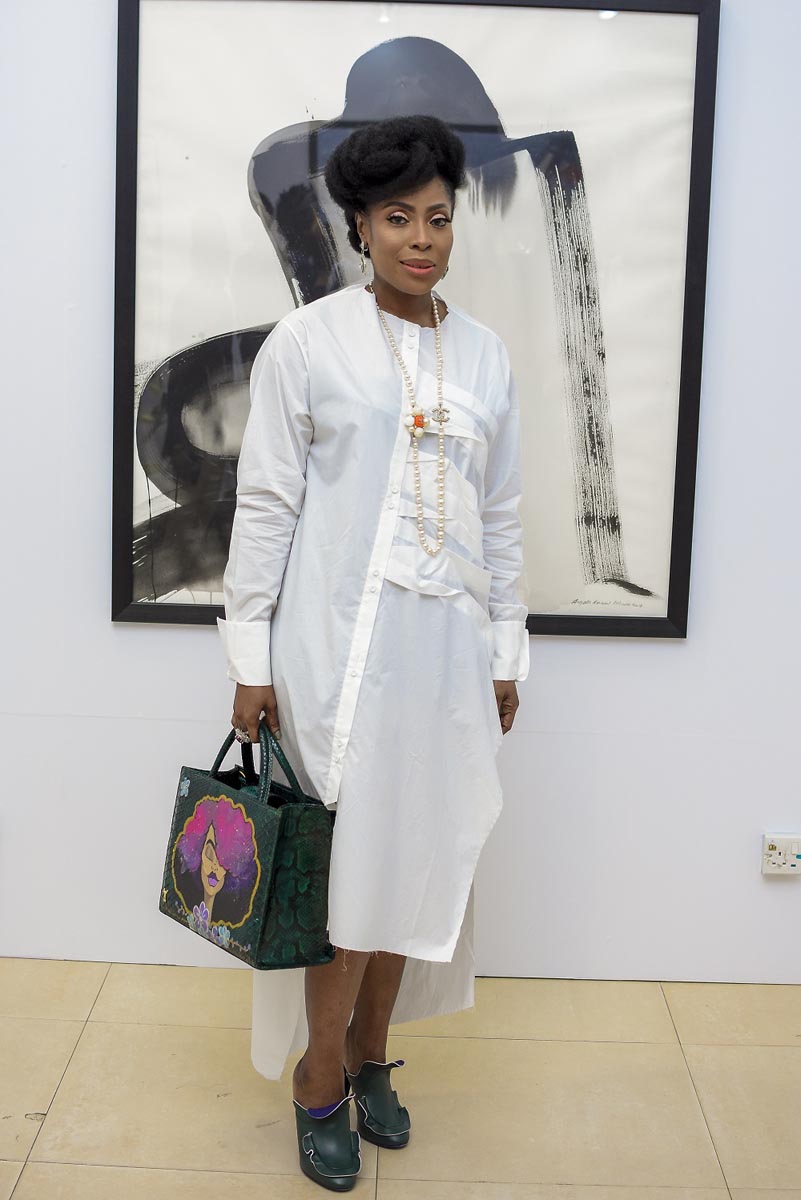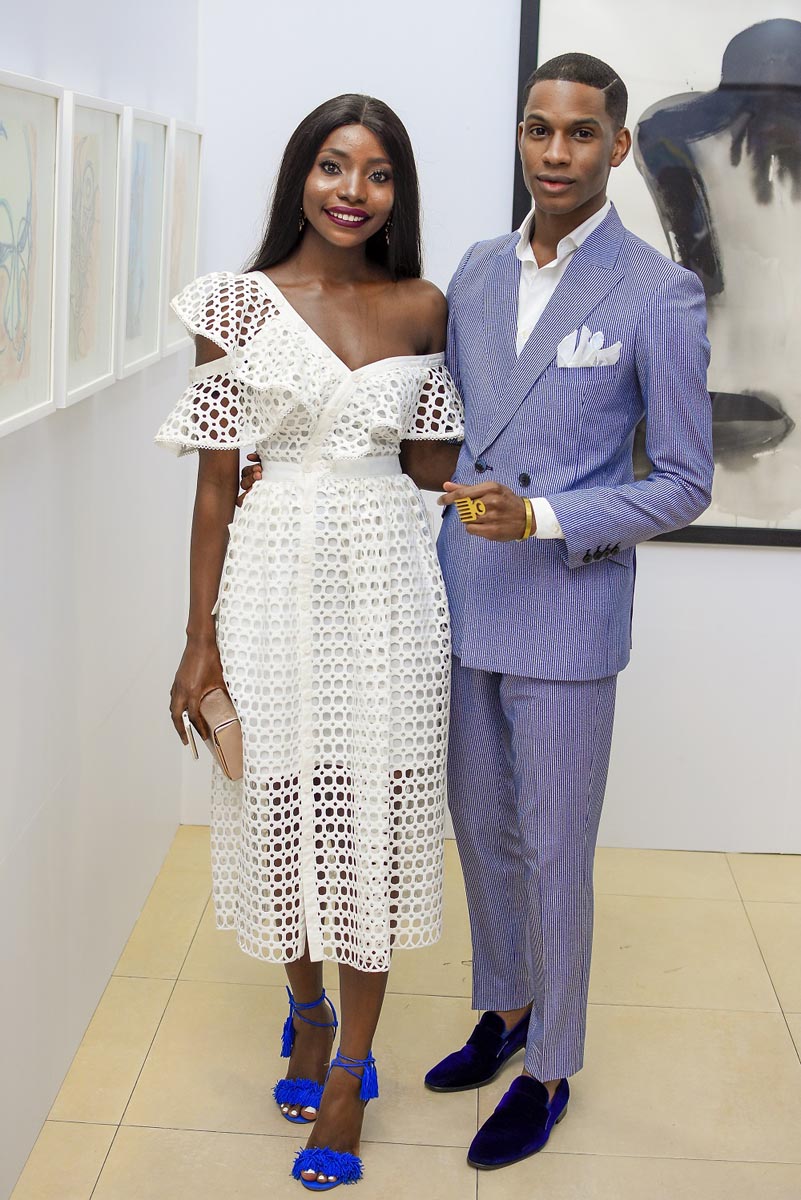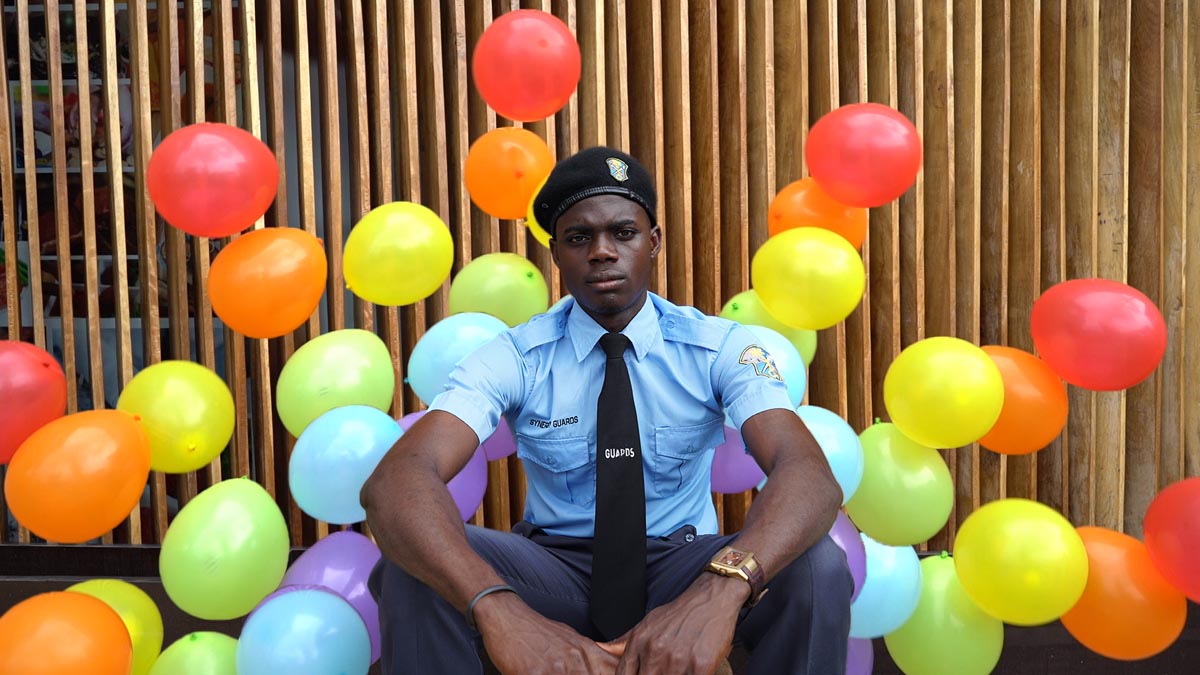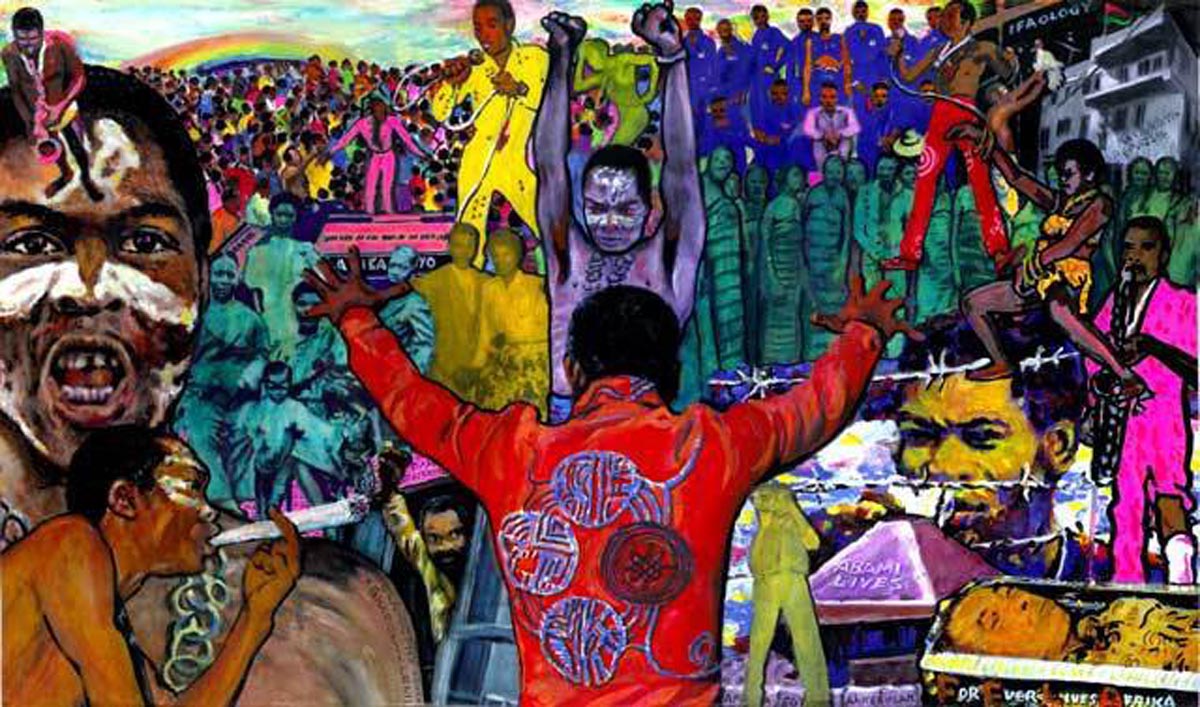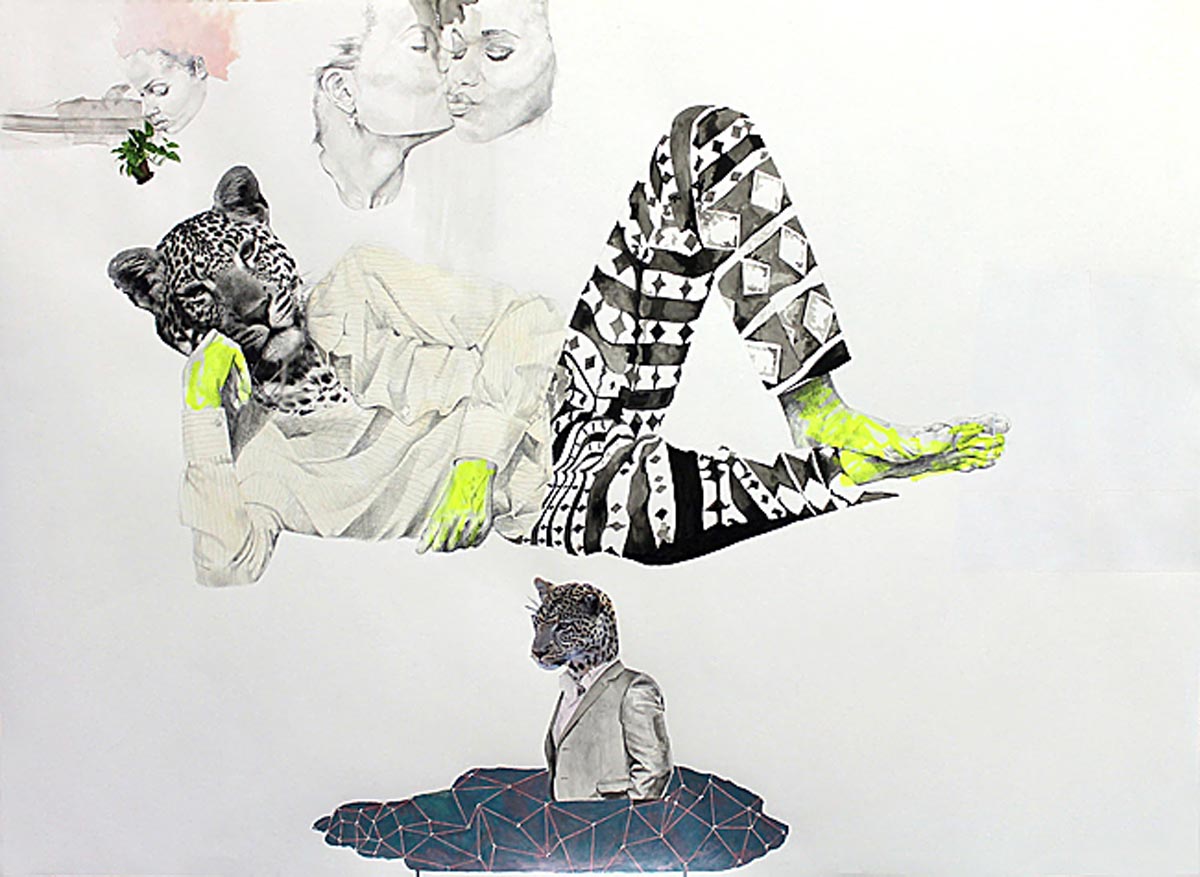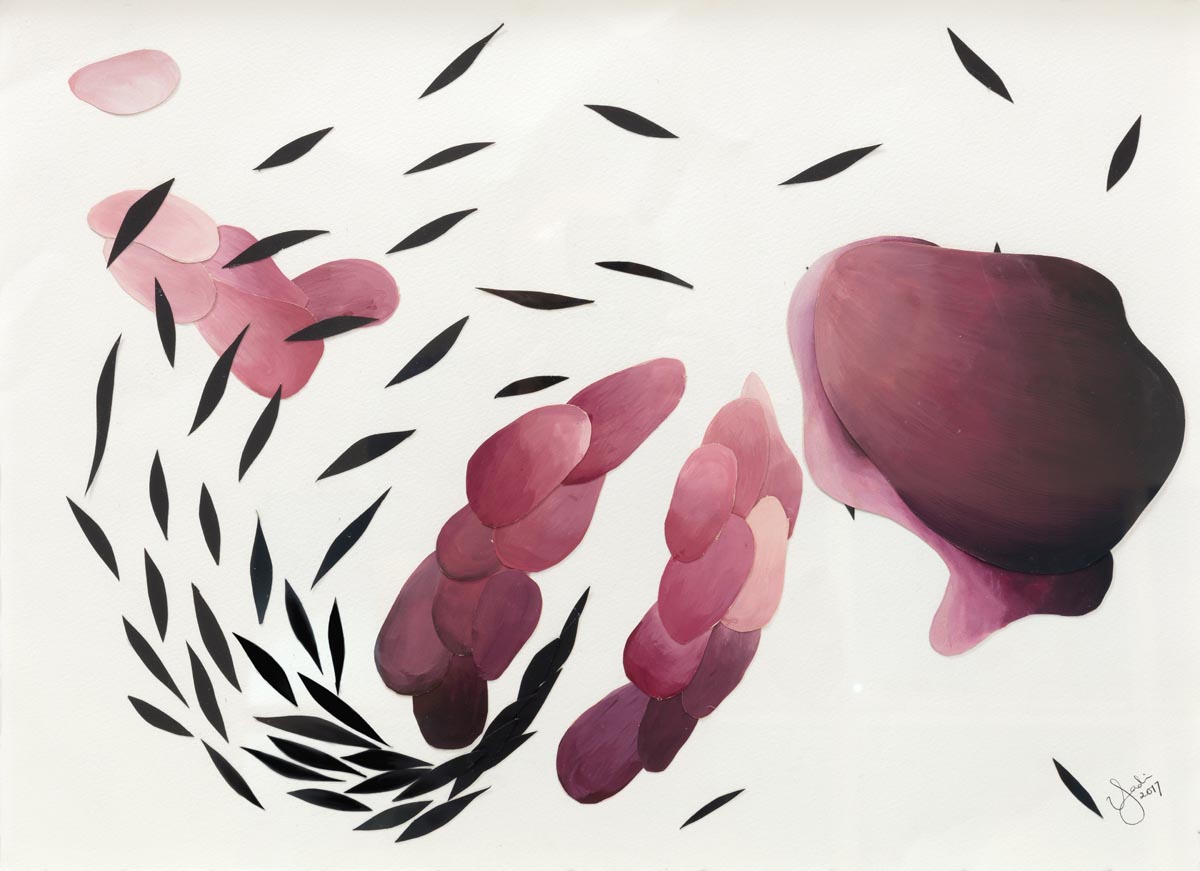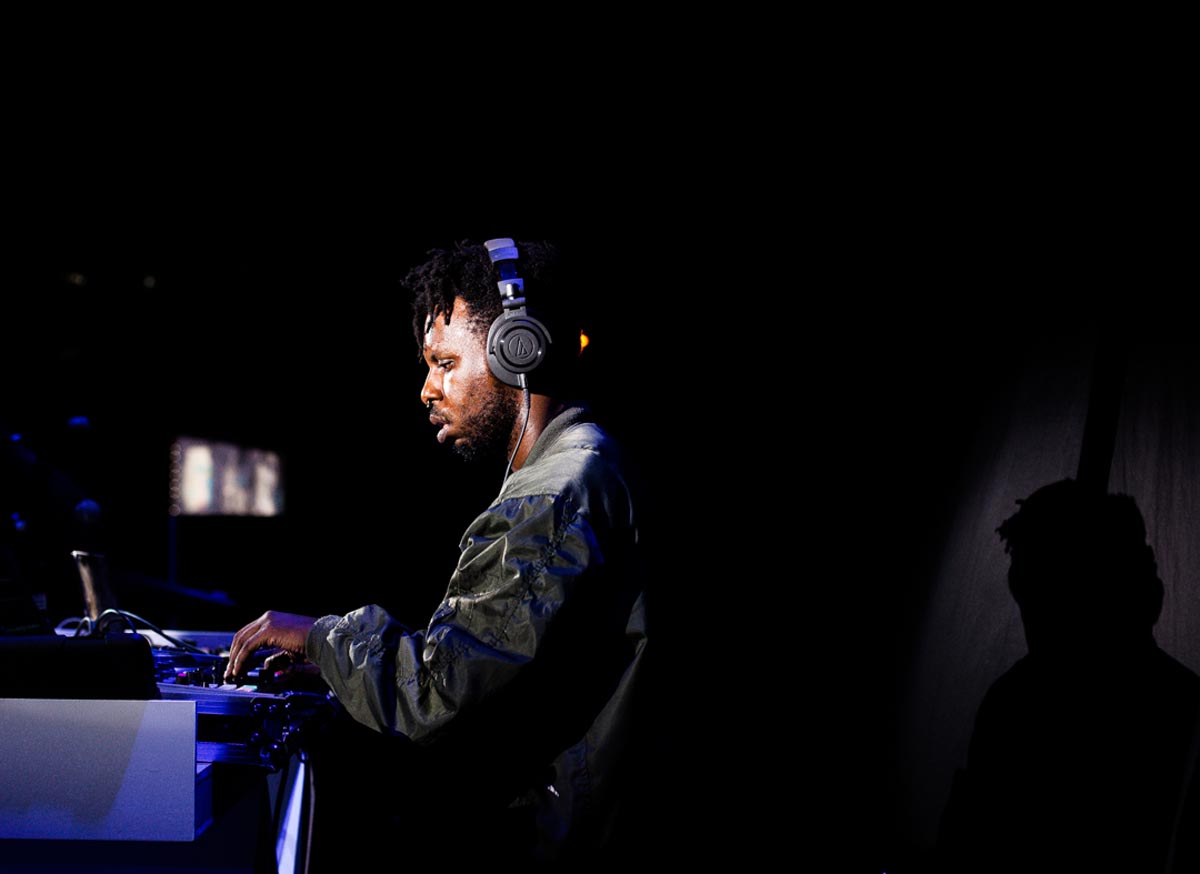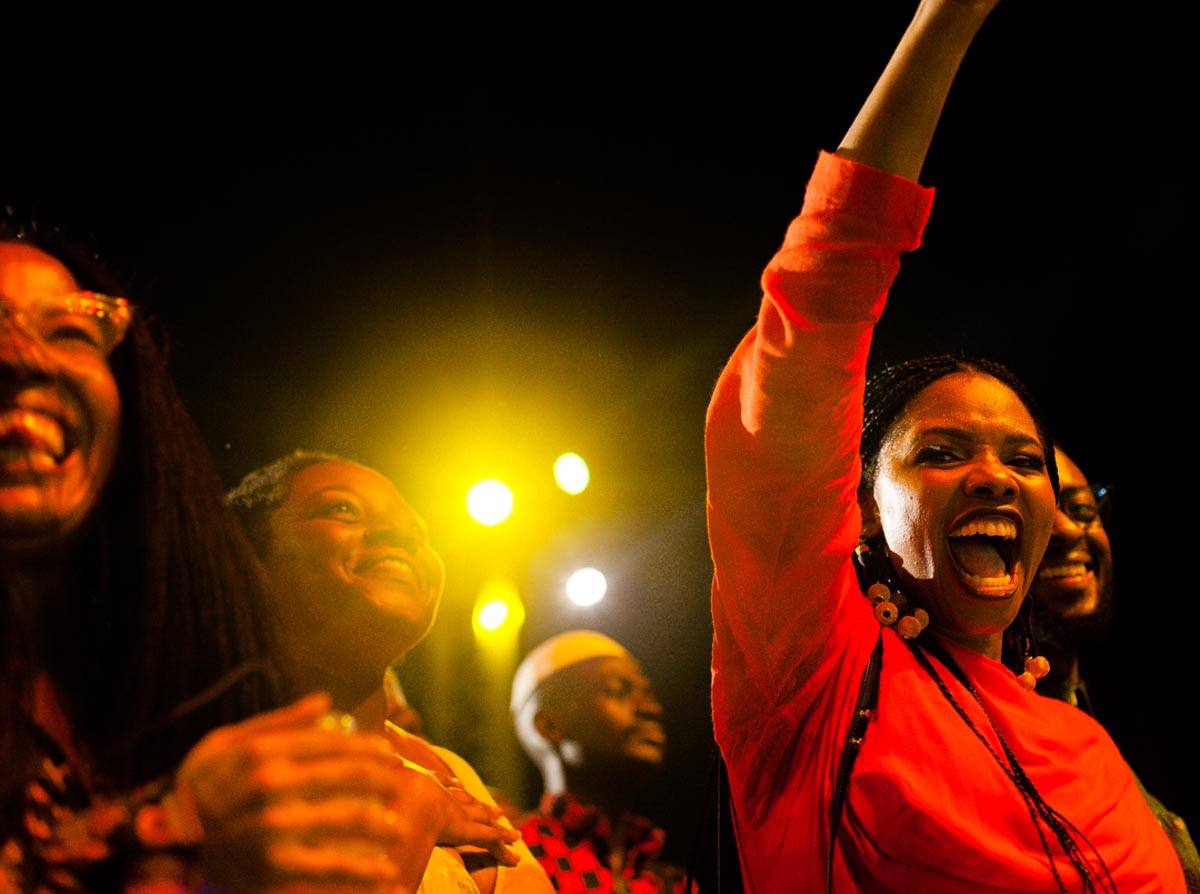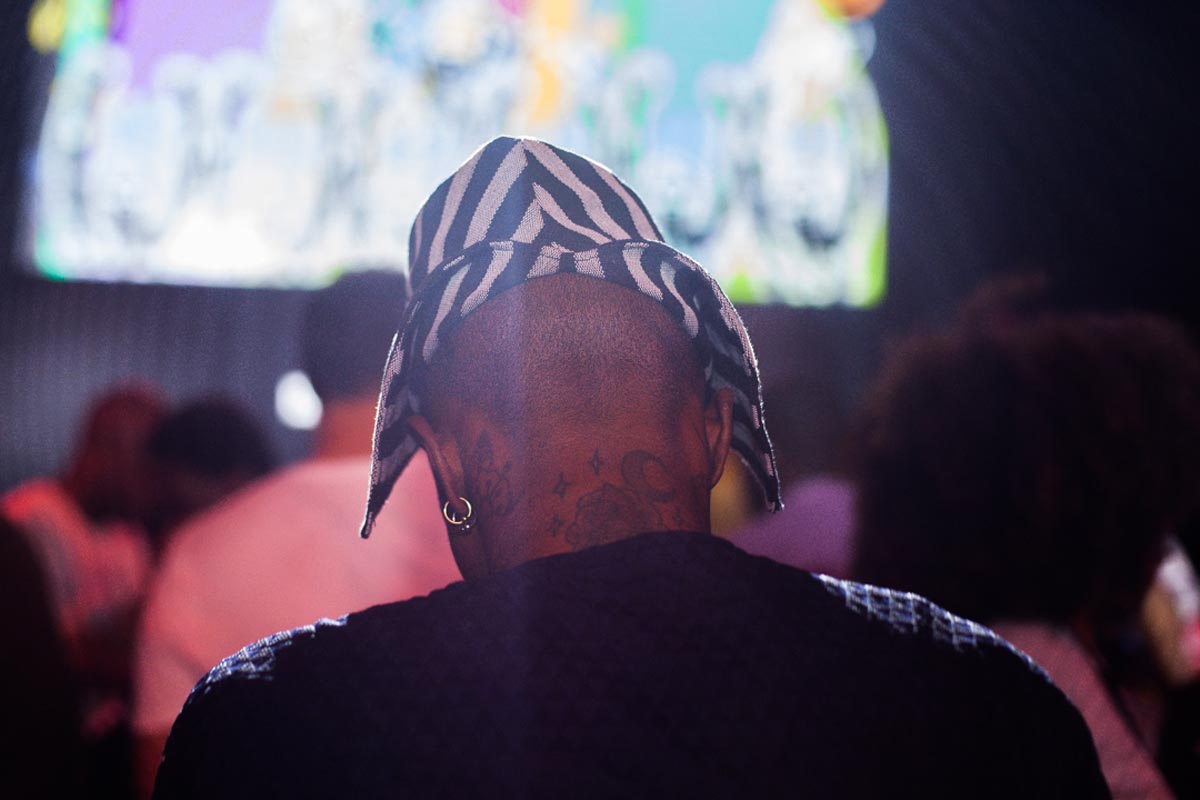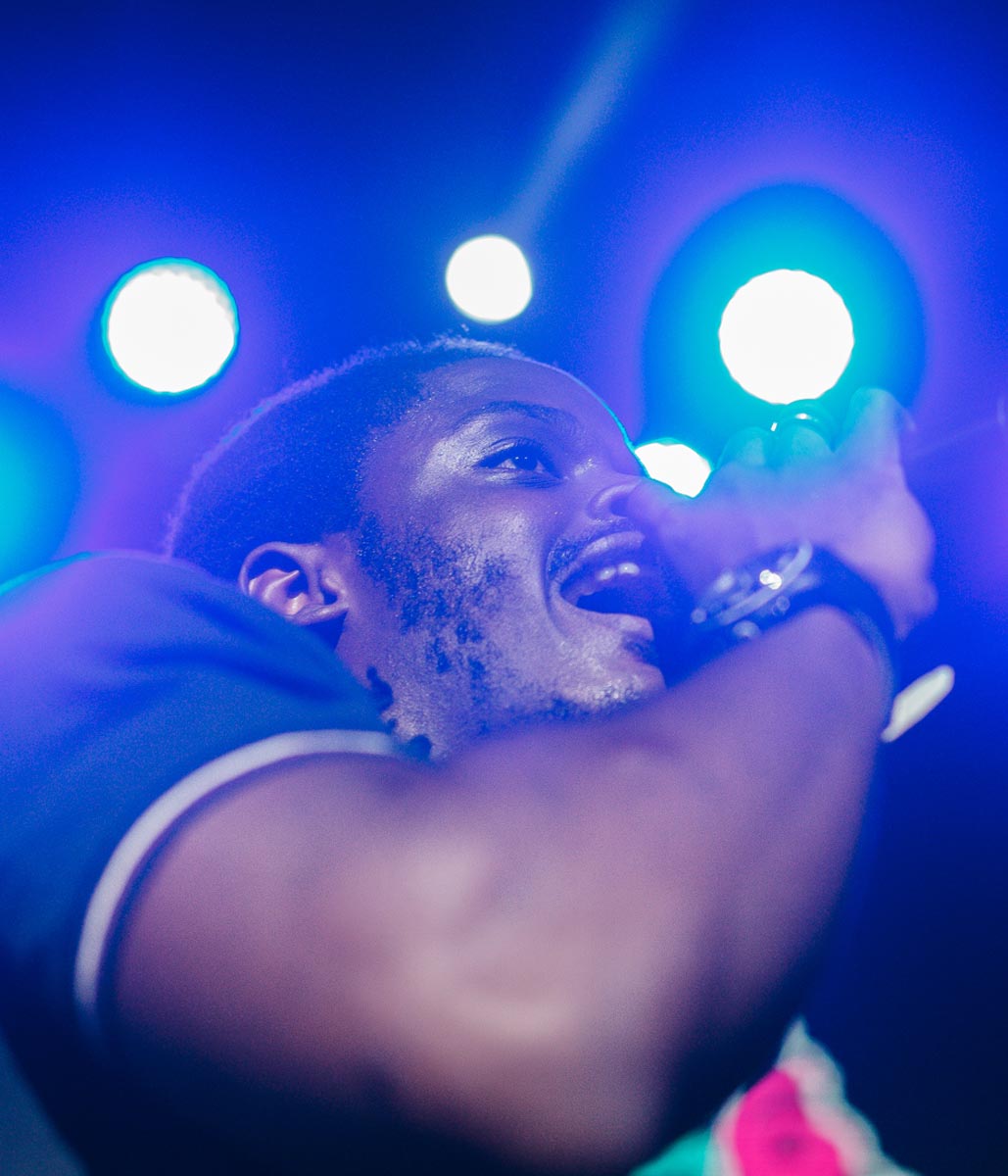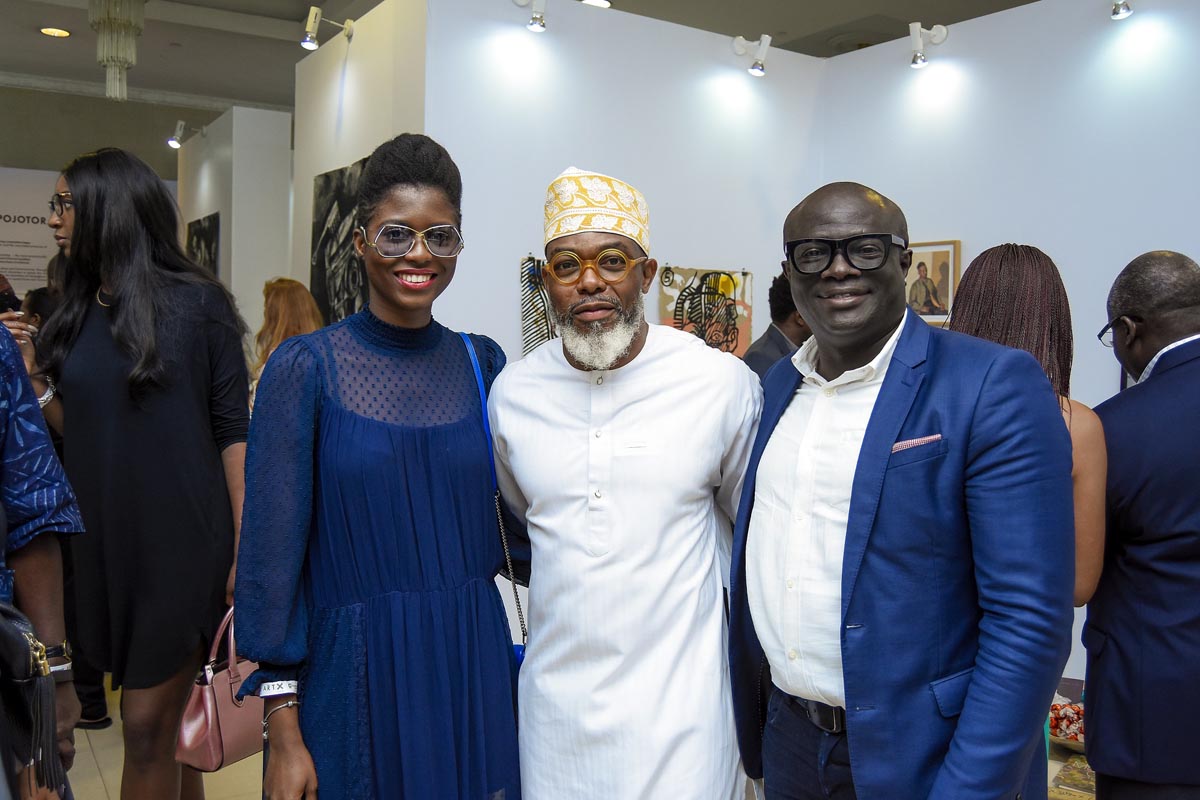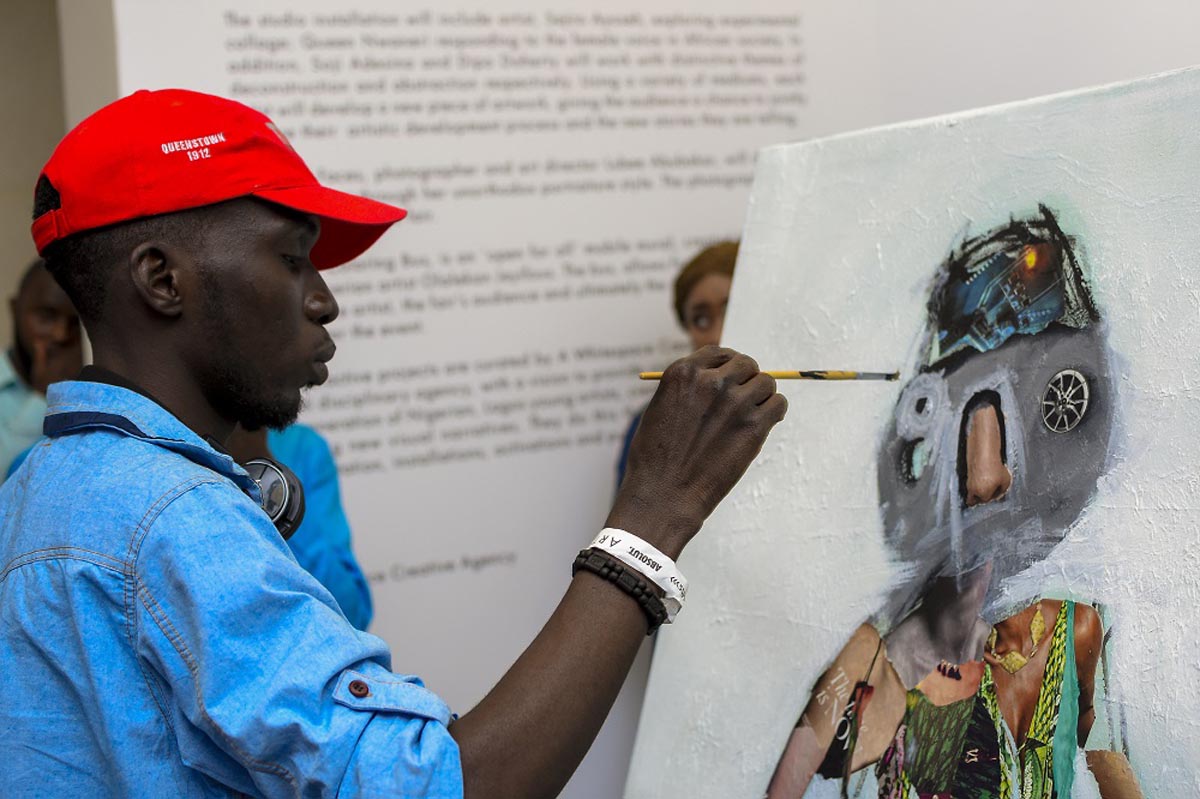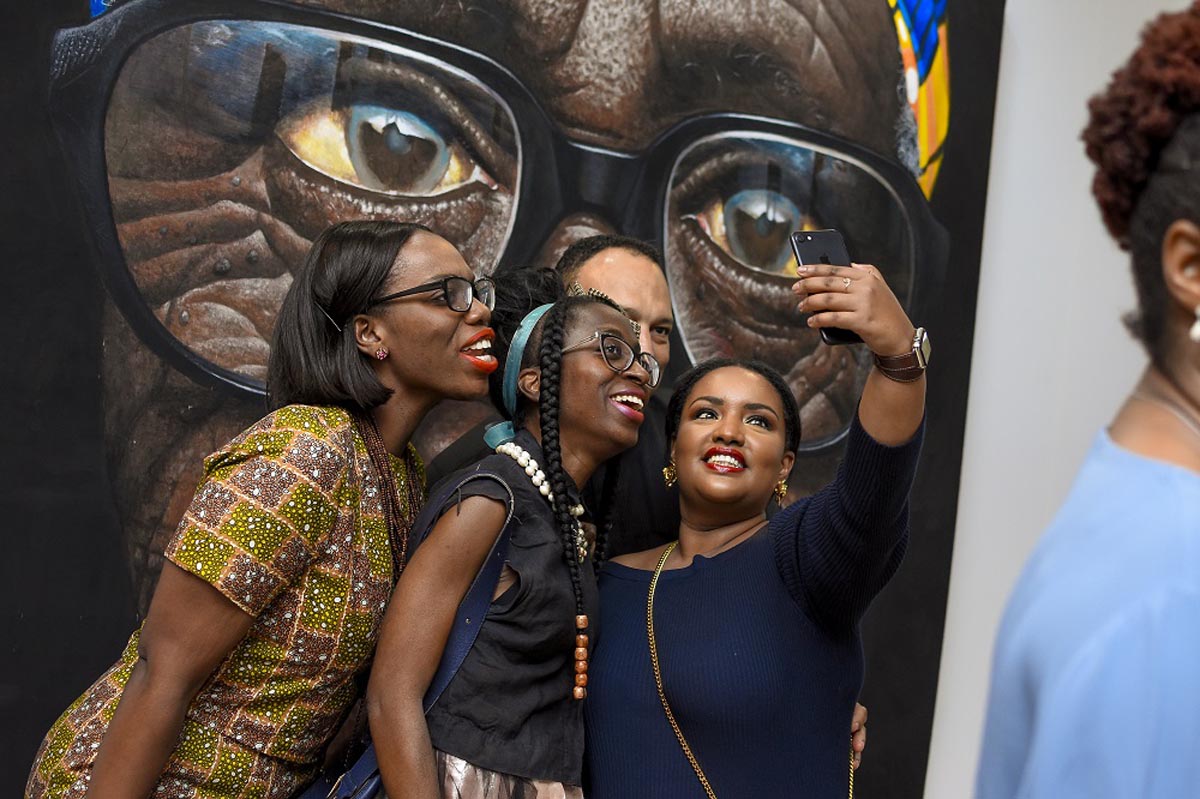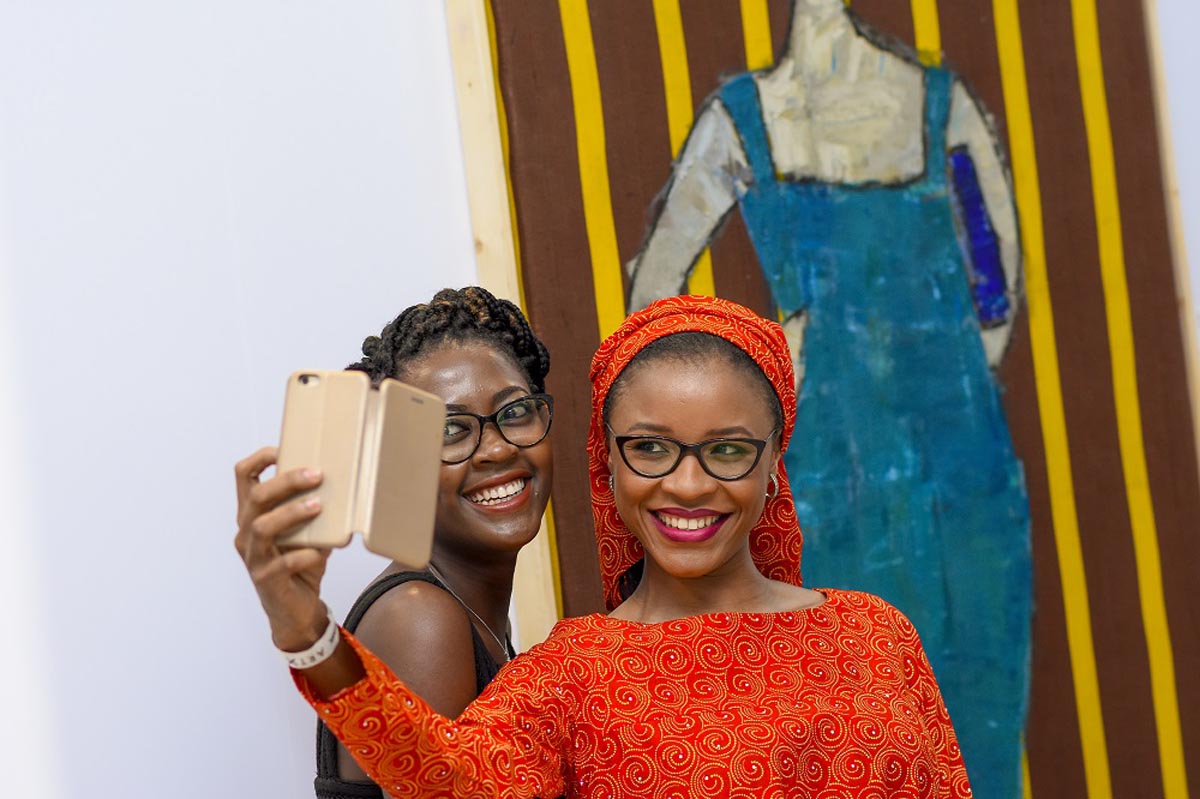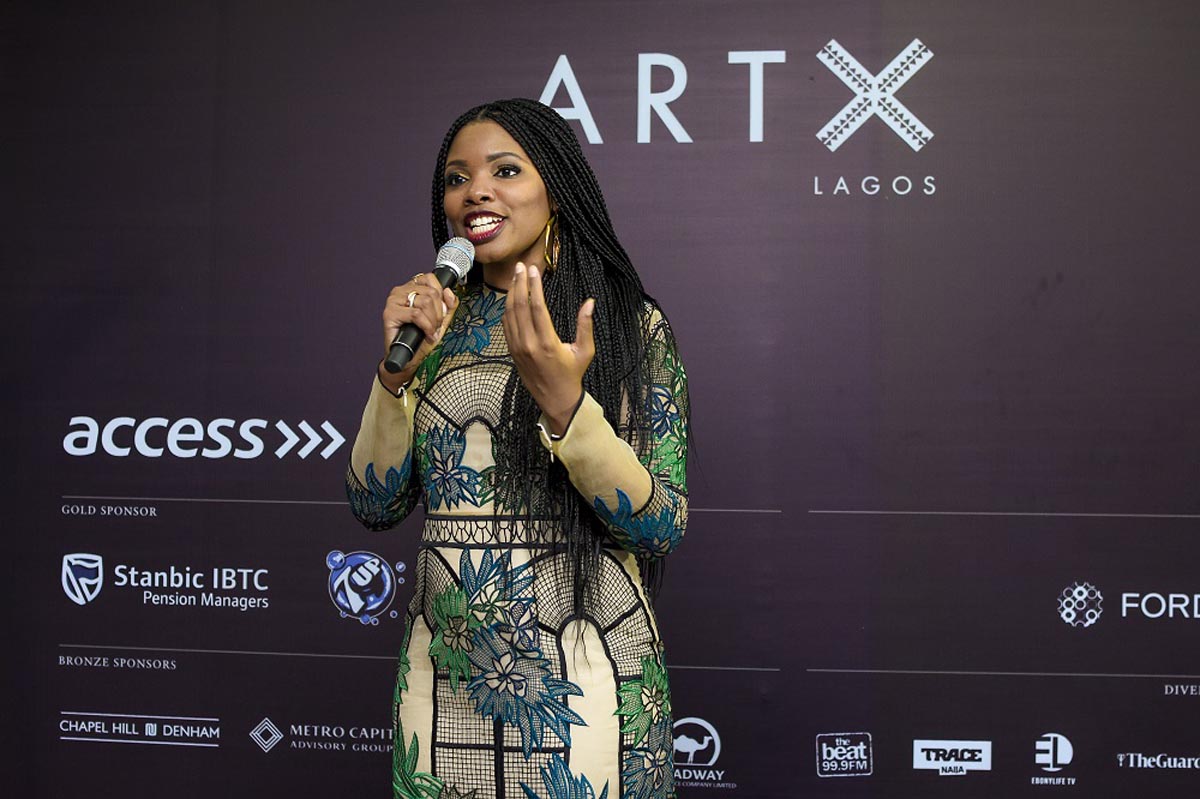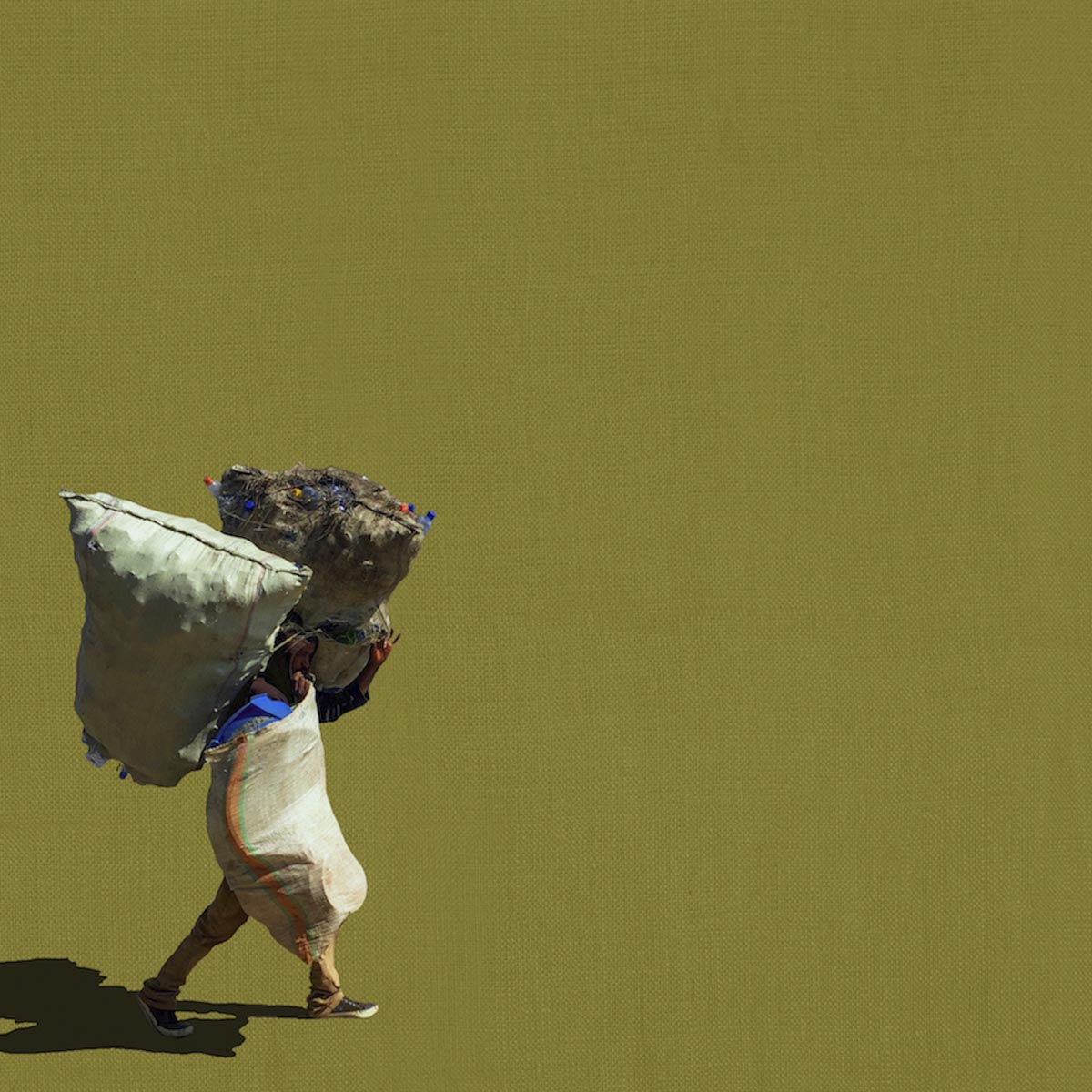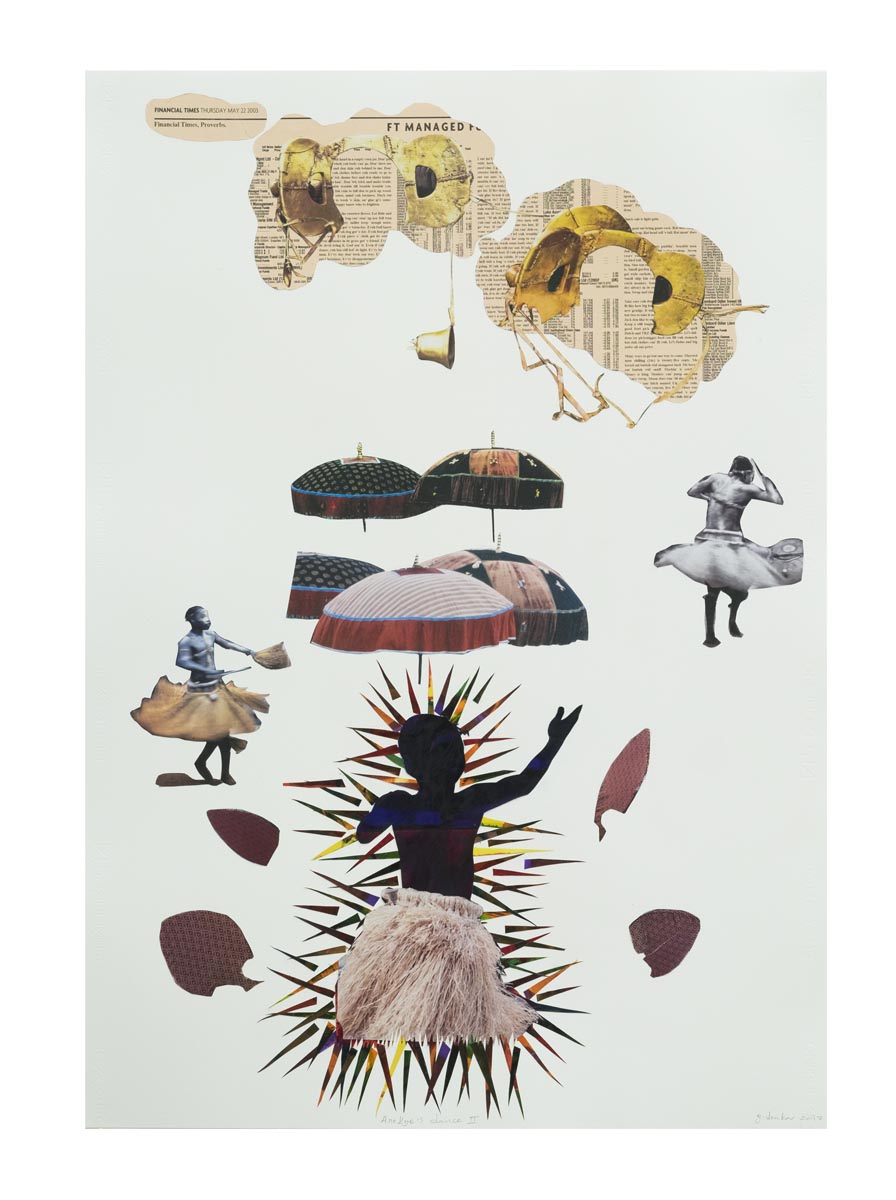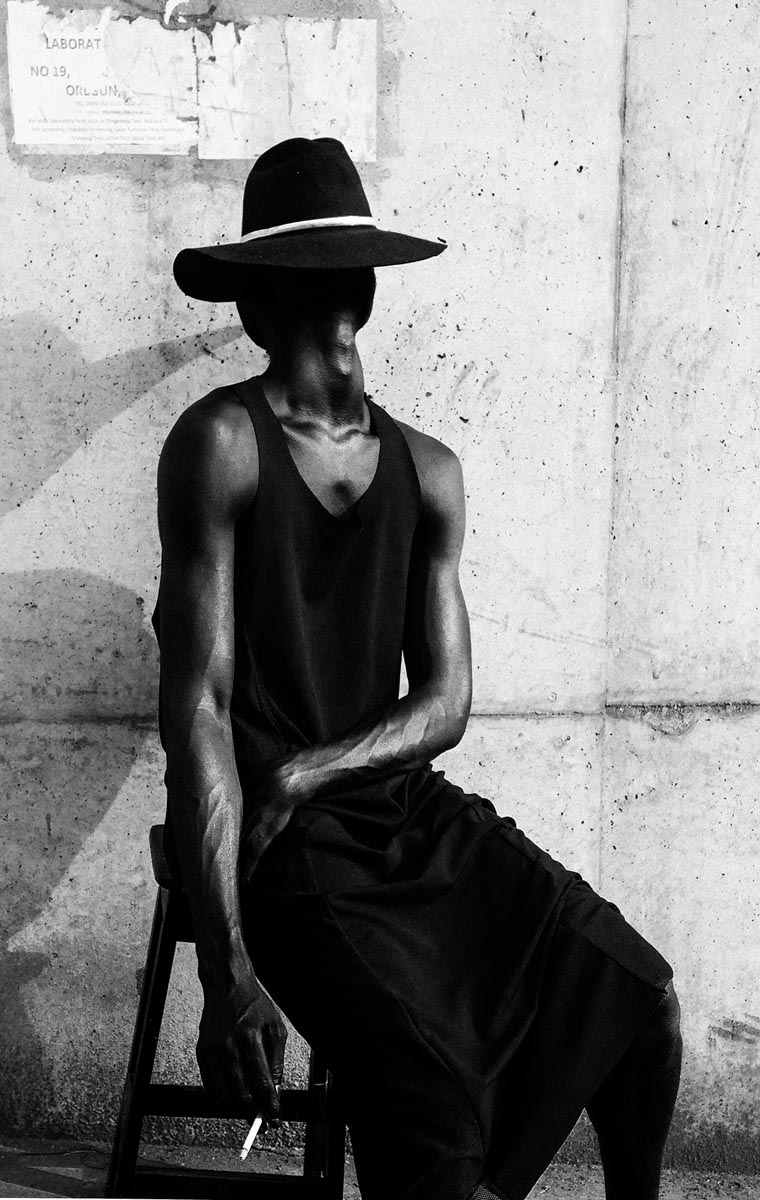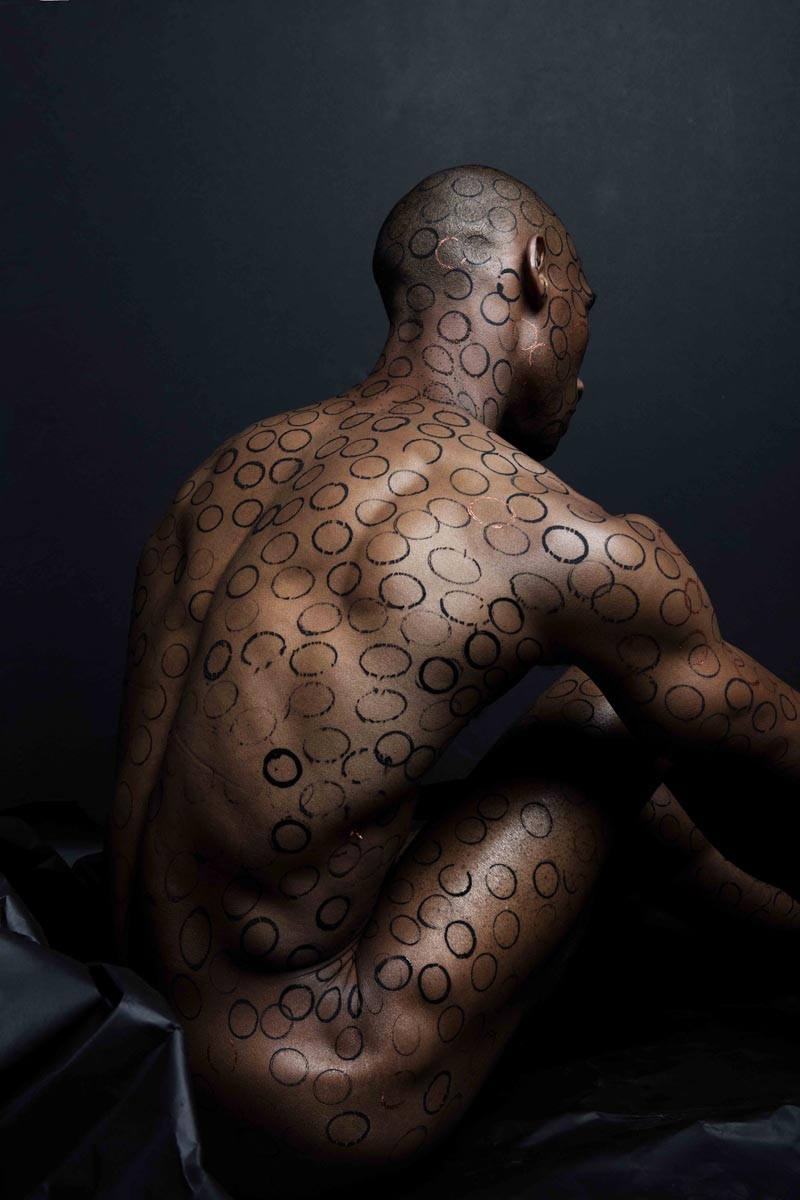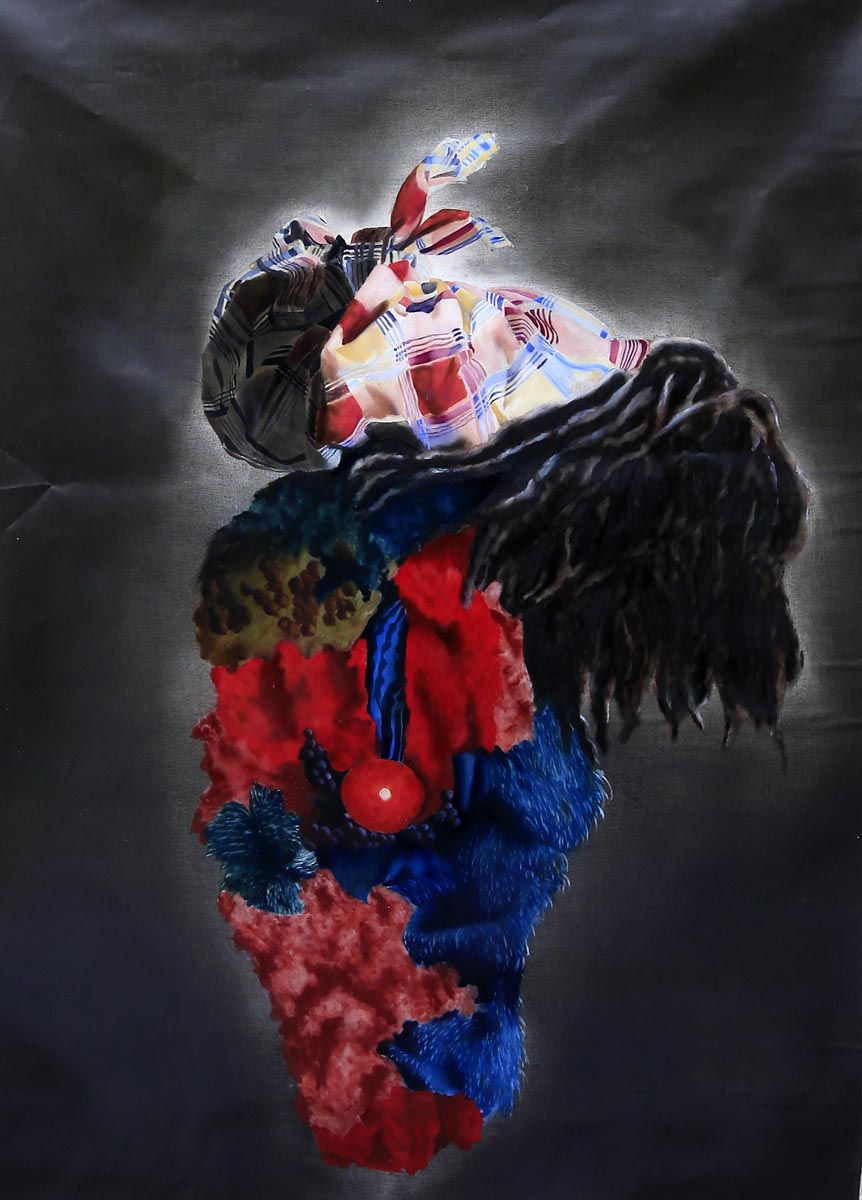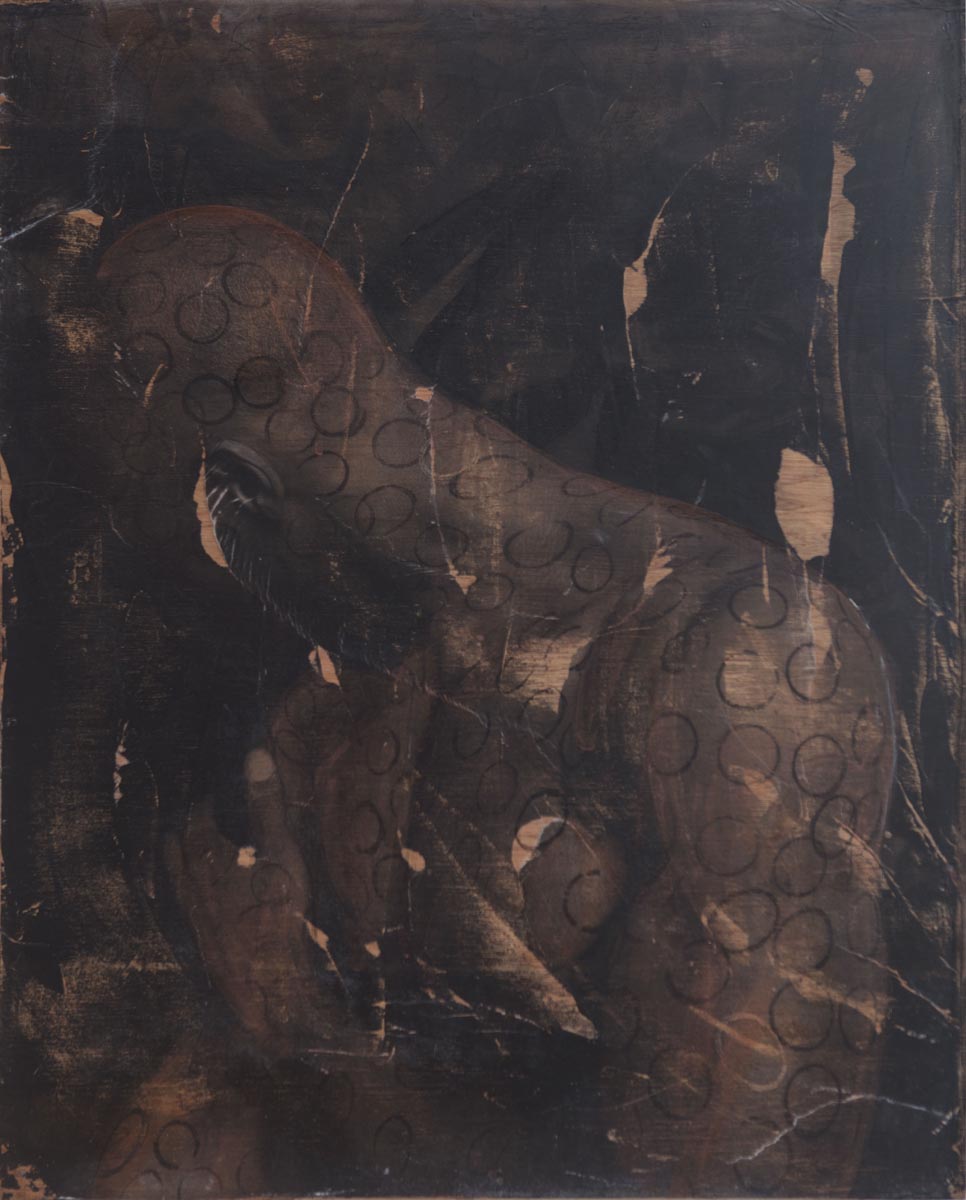As media partner for ART X Lagos 2017, Nataal reflects upon some of the most arresting works and happenings of the art fair
The second annual ART X Lagos confirmed its rightful place as West Africa’s calling card for contemporary African art fairs, and exceeded its own expectations by attracting over 9,000 visitors. The event proved as popular with art collectors, dignitaries and VIPs at the Friday preview as it did with party goers who well and truly let their hair down at the outdoor concert on Saturday evening, and families exploring the profusion of interactive art activities on Sunday afternoon, including colouring in a danfo bus. This spirit of inclusivity and its celebration of joining up the creative dots across Lagos imbued ART X with an infection atmosphere all weekend long.
There were many standout works on show with participating galleries and the curated projects. Among them a trio of emerging Nigerian female artists resonated deeply. Yadichinma Ukoha-Kalu showed with Stephenson and was also part of a small group show at the nearby Alara concept store. Her surrealist paintings from the Birthscape series depict organic forms within an imagined space and have a minimal, feminine energy. Nengi Omuku, represented by Arthouse – The Space, creates immersive paintings of human energies as interacting shapes on mythical horizons that encourage a sense of universal belonging. And Brooklyn-based talent ruby onwinyechi amaze, who came Tiwani Contemporary, presented two works on paper depicting playful and obscure scenes that embrace cultural hybridity and ‘non-nationalism’.
Also with Arthouse, French artist François Beaurain mesmerised with Welcome To The Promised Land (2015), a photography and gif project that consists of a series of hyper real Lagos scenes – a girl with flowers, a man blowing bubbles, commuters dashing through traffic, a preacher at the pulpit – each in perpetual movement.
No Nigerian art fair would be complete without the legendary Yinka Shonibare MBE, who was represented by Tafeta. His silkscreen print series Twins (2015) explores the significance of twins (ibeji) in Yoruba folkore by depicting black figures against colourful patterns, prints and type. Another homegrown powerhouse, Lemi Ghariokwu, opened up his vast collection of Femi Kuti album covers plus illustrations, cartoons and personal papers. When viewed together, they reveal the anarchic humour and powerful politics that fuelled Nigeria’s socio political discourse throughout the late 20th century. He also took part in a talk during the fair expounding upon the explosive agency of music to archive our times.
“The job of the artist is to reflect society”
Gallery 1957 selected works from their recent solo show by Godfried Donkor (see our interview with the Ghanaian heavyweight here). Multiple fantastical paintings and collages examine the painful legacies of colonialism between Africa the Europe while celebrating the splendour and resilience of his people.
Ivorian photographer Ananias Leki Dago came with Fondation Donwahi. His series Shebeen Blues was shot in Johannesburg between 2006 and 2009 and delves into the townships, which historically were home to speakeasies that acted as places of illicit respite from the Apartheid regime. His black and white images show anonymous figures at work, rest and much-needed play.
Also catching Nataal’s eye were three photographers who have previously shown at our own New African Photography exhibitions at Red Hook Labs - Kadara Enyeasi, Girma Berta and Lakin Ogubanwo. The latter showed as an independent artist in collaboration with painter Oluseye. “Inspired by high renaissance sculptures, Yoruba terracotta heads and the decorative rituals of the Suri tribe, Project One marries Western and African notions of beauty to re-position the black male as the ideal,” the pair state of their joint works that revolve around studio portraiture. “We are concerned with the representation and perception of African nudity and embellishment and seek to question the exoticism, objectification and power privilege that’s characteristic of Western photography of indigenous tribes.”
The last day of ART X featured two impactful talks centered on women. Highly sought after, LA-based Nigerian artist Njideka Akunyili Crosby discussed her career with her friend and fellow artist Temitayo Ogunbiyi. She credited her mother, who “always dreamt of a more cosmopolitan life for her six children” beyond their native Enugu, for her early advancement and chance to study in the US. After grad school at Yale she cemented her approach during a yearlong residency at The Studio Museum in Harlem. “I learnt how to be a practicing artist, how to tell stories that preoccupied me and get meat into the content of my work,” she said.
“The future is phenomenally bright for our country, our people and our continent”
Crosby referenced African artists including Wangechi Mutu, whose work provoked in her a profound feeing of self-recognition (“I want my work to have that same visceral reaction to one’s core.”) and authors such as Chinua Achebe for asserting that reimagining the English language helped bare the burden of the African experience: “I try to do the same. I cracked Western training and have co-opted it to talk about a place that traditionally, it did not come from.” She also discussed the importance of specificity – whether it’s a shade of blue that reminds her of her childhood sitting room, or a fruit that only grows in Nigeria, these details in her works are “rooted in place, time and culture.” Having recently become a mother, and had the most busy work period of her life, she looks forward to next year giving her “the luxury of making mistakes, experimenting with printmaking, drawing, collage and crayon, and expanding the toolbox.”
The final talk of the weekend brought together artists Wura-Natasha Ogunji, Peju Alatise and Modupeola Fadugba with independent curator N’Goné Fall. This formidable line-up took as their theme Witnessing the Present – The Artist as Citizen. Fall opened proceedings with a quote from Malcolm X - “If you don’t stand for something, you’ll fall for anything.” – by way of asking the panel to elucidate on what messages their work delivers. Ogunji explained that her many performance pieces on the streets of Lagos, such as Strut (2016) and Beauty (2013), addressed “the presence of women in the public space and what it feels like to not be questioned during these acts of negotiating the city.” Through the use of otherworldly costumes and masks and by adopting the usually masculine personas of Egungun masquerade, she hopes change happens in the individuals participants. “I’m not a politician – I’m not trying to convince 20million people that the oppression of women is wrong,” she said. “But by bringing these women together, they can find freedom through the performance… Escape takes us to the place where we transform the real.”
Alatise was explicit in the motivations behind her practice. “The job of the artist is to reflect society,” she said. “I believe I can make a change. It’s a foolish belief sometimes, but I’m not so sensible when I put myself out there and hope someone listens.” Recent works have highlighted the plight of schoolgirl kidnapping in northern Nigeria (Witness, 2014), child brides (Constitution Door, 2013) and the exploitation of girls as unpaid housekeepers (Flying Girls, 2016). Likewise Fadugba was quick to call herself both an activist and a citizen. She explained why her series Heads Or Tails (2014-17) conjured up black women on currency: “I’d never seen people who looked like myself on monetary objects. I’m challenging gender representation by showing black girls with cornrows on coins.”
ART X founder Tokini Peterside closed the fair by awarding the ART X Prize to young local artist Habeeb Andu and sharing a few overwhelmed words. “It’s been an incredible ride to get here and what we know is that we’ve seen the beginning of something beautiful,” she said. “The future is phenomenally bright for our country, our people and our continent. ART X is on course to deliver on our mission – to magnify the patronage of African artists and to inspire future generations.”
Read our interview with Missla Libeskal about ART X’s curated projects here
Read our ART X guide to Lagos here
Watch ART X video interviews here
Visit ART X Lagos
Published on 12/11/2017


